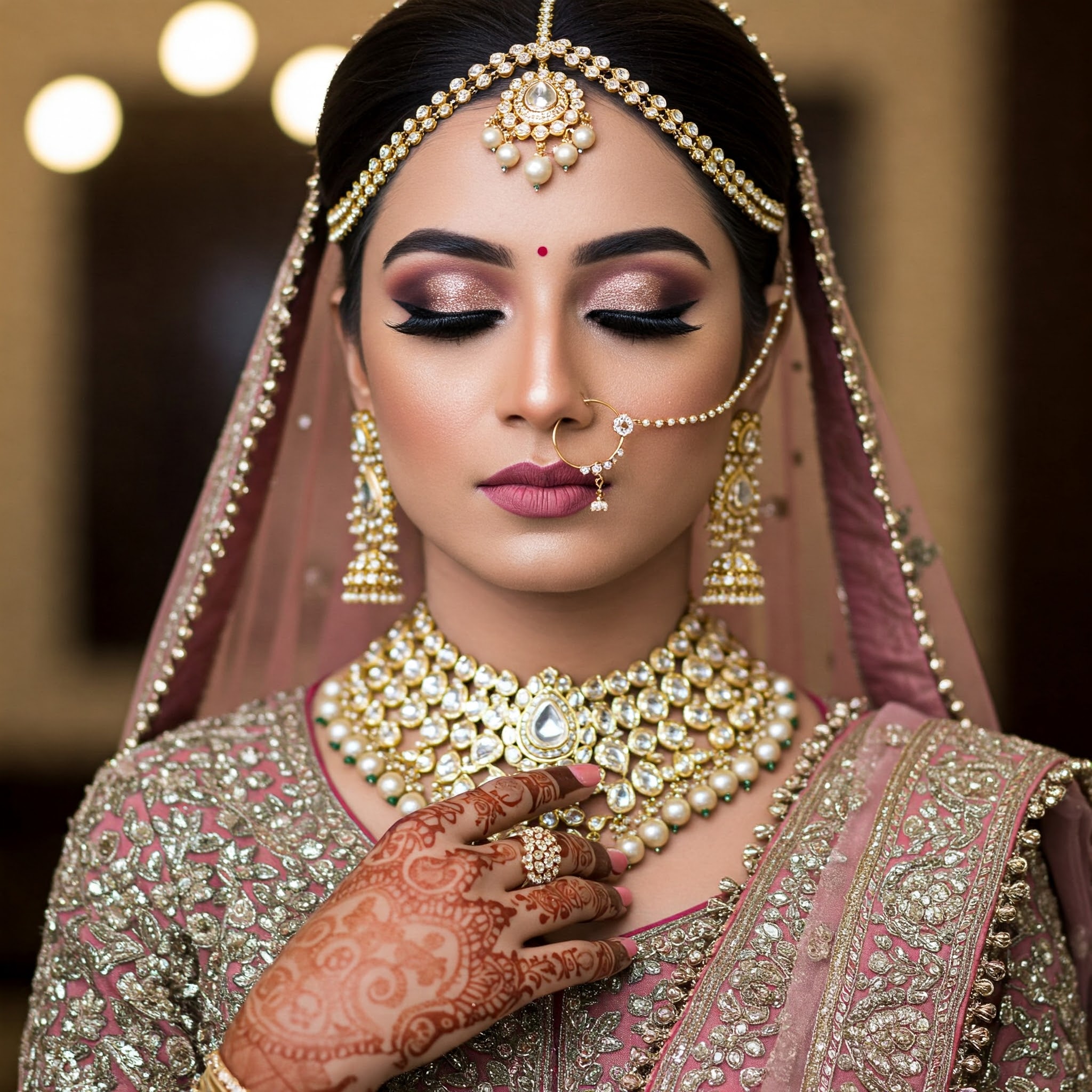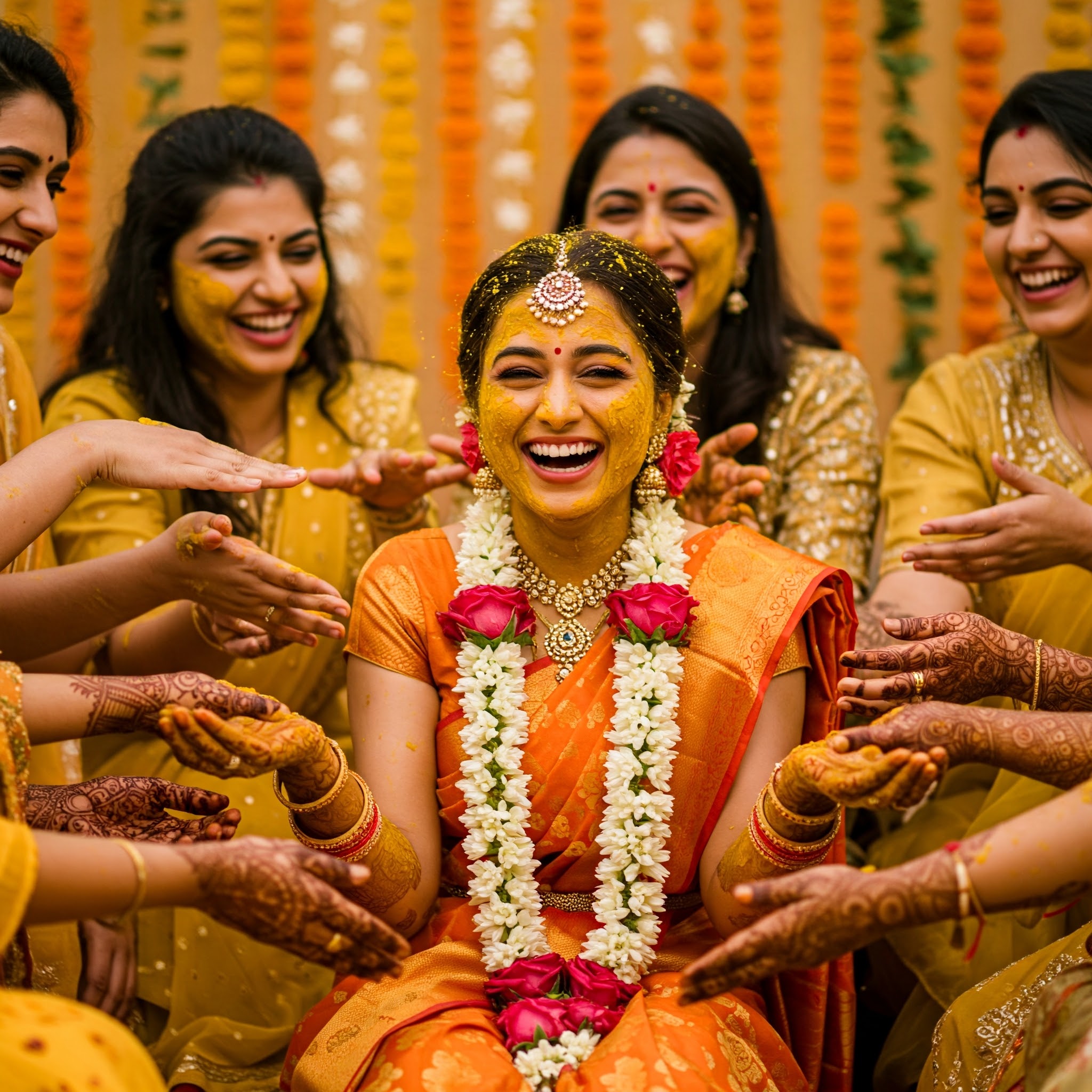
Christian Matrimony in Kerala, Goa, and North-East India: What Sets It Apart?
17-Jun-2025 digi shaadi
Dive into how geography shapes community rituals and matchmaking expectations.
Introduction: One Faith, Many Cultures
India's Christian community is not a monolith — it’s a mosaic of deep-rooted regional traditions, historical legacies, and local cultures. From the serene coastal churches of Kerala to the vibrant cathedrals of Goa and the picturesque chapels nestled in Northeast India, Christian matrimony reflects a beautiful fusion of sacred rites and regional heritage. While the Christian faith unites these communities in belief, geography plays a vital role in shaping how they approach weddings, family expectations, and even matchmaking.
This blog takes a deep dive into how Christian matrimony differs across Kerala, Goa, and Northeast India and how these nuances influence modern matchmaking — both offline and online. Whether you're a Christian looking for a life partner or simply curious about these beautiful traditions, this guide will help you appreciate the regional richness in Christian weddings.
Related Reading: Christian Matrimony Online: Finding Faithful Matches on DigiShaadi
Kerala: Christianity Rooted in Ancient Faith and Sacred Ritual
The St Thomas Legacy
Kerala is home to one of the oldest Christian communities in the world — the Syrian Christians, also known as the Nasranis, who trace their origins to St. Thomas the Apostle. The influence of ancient Eastern liturgy is still visible in their matrimony traditions today.
Key Wedding Customs
-
Engagement Ceremony (Manasam): A formal betrothal where both families meet, bless the couple, and exchange gifts and rings.
-
Margam Kali Performances: A traditional dance performed by women to celebrate the bride, especially among Syrian Christians.
-
Sacred Church Ceremony: Usually conducted in Malayalam or Syriac, presided over by priests from the Jacobite, Orthodox, or Catholic denominations.
-
Reception with Kerala Cuisine: A post-ceremony feast featuring fish curry, beef ularthiyathu, and appam.
Matrimonial Preferences
Christian families in Kerala prioritise:
-
Denominational compatibility (Orthodox, Catholic, Protestant)
-
Educational qualifications
-
Professional stability
-
Cultural humility and family background
Modern Touch
Today, many Malayali Christians opt for digital matchmaking platforms where they can filter by sub-community and denomination.
Explore how tradition meets technology in How to Create the Perfect Christian Matrimony Profile Online
Goa: A Portuguese-Inspired Matrimonial Blend
The Latin Catholic Heritage
Christianity in Goa is primarily Roman Catholic, with strong Portuguese influences evident in both religious practices and wedding customs. Goa’s Christian weddings are a true celebration of faith, music, and familial bonding.
Key Wedding Traditions
-
Roce Ceremony: A pre-wedding event where coconut milk is applied to the bride and groom, symbolizing purification and blessings.
-
Bailas and Konkani Songs: Music plays a huge role, and celebrations often include live bands, traditional dance, and western pop influences.
-
Church Wedding with a Nuptial Mass: The couple exchanges vows in a white-washed cathedral with ornate European interiors.
-
Western-Style Reception: Dinner parties with speeches, first dances, and cake-cutting reflect a blend of Western and Indian customs.
Matchmaking Values
Goan Christian families tend to value:
-
Shared cultural values over rigid caste or community preferences
-
Education and lifestyle compatibility
-
Spiritual alignment (church-going habits, values)
Learn more about spiritual compatibility in Discussing Faith Early: Why It Matters in Christian Matrimony
How Geography Impacts Matchmaking
Unlike Kerala, where caste and denomination are vital, Goan matchmaking leans more toward liberal compatibility — with more openness to inter-community and even inter-faith unions, especially in urban families.
North-East India: Tribal Pride Meets Christian Values
A Christian Majority Region
Unlike the rest of India, the North-East (Nagaland, Mizoram, Meghalaya) has a Christian-majority population, predominantly Baptist, Presbyterian, and Catholic. Christianity was introduced here by British and American missionaries, and it has been deeply embraced by indigenous tribal communities.
Wedding Traditions by Region
-
Nagaland: Weddings include tribal blessings, folk music, and community feasts, along with a church ceremony.
-
Mizoram: A highly community-driven event where villagers often contribute food or help organise the reception.
-
Meghalaya: The matrilineal Khasi and Garo tribes have unique wedding customs where the groom moves into the bride’s family home.
Unique Cultural Elements
-
Community Involvement: Marriages are often a collective event with the extended tribe or village playing a role.
-
Respect for Elders and Pastors: Matchmaking often begins with spiritual and familial consultation.
-
Modest Ceremonies: Despite deep faith, North-Eastern Christian weddings are often simple, focusing on prayer and community.
Matchmaking Mindsets
Here, families look for:
-
Tribal and clan compatibility
-
Spiritual alignment (Bible study participation, community work)
-
Educational and personal ethics
Learn how different Christian communities celebrate marriage in Top Indian Christian Communities and Their Matrimony Traditions
Online Christian Matchmaking: A Bridge Between Cultures
Why DigiShaadi Works for Regional Christians
Each of these Christian regions brings its own flavor to marriage — and modern online platforms like DigiShaadi make it easier to find a match who aligns with faith, family values, and regional identity.
With advanced filters for:
-
Denomination (Catholic, Protestant, Baptist, Orthodox, etc.)
-
Regional preference (Goa, Kerala, Nagaland, etc.)
-
Language
-
Lifestyle and prayer habits
DigiShaadi helps narrow down prospects not just by faith, but by cultural alignment.
Discover more on Christian Matrimony Online: Finding Faithful Matches on DigiShaadi
Why Geography Still Matters in Modern Christian Matrimony
Despite the rise of online matchmaking and urbanisation, geography still plays a key role in shaping:
-
Wedding expectations (simple vs. grand)
-
Family involvement
-
Spiritual rituals
-
Matchmaking preferences
Understanding these nuances helps singles set the right filters and communicate expectations early in the matchmaking journey.
Want to build a strong spiritual foundation for marriage? Read How Christian Values Shape a Strong Marriage Foundation
Tips for Matchseekers Across Regions
Whether you're from Kerala, Goa, or the North-East, here are some tips to help you navigate the Christian matrimony journey:
1. Clarify Denominational Preferences Early
Don't assume every Christian practices the same rituals. Syrian Orthodox differs significantly from Baptist traditions.
2. Discuss Lifestyle and Geography
Would you relocate? Are you rooted in your regional culture or open to inter-state match? This matters more than ever in cross-regional matchmaking.
3. Honor Family Traditions
Weddings are deeply communal. Learn about the other region's customs to show respect and adaptability.
4. Use Faith-Based Filters on Matrimony Platforms
Use platforms like DigiShaadi to highlight:
-
Your church participation
-
Your values around prayer, community, and service
-
Your openness to relocating or adopting cultural practices
Conclusion: Faith Unites, Culture Colors It
Christian matrimony in India is united by the core tenets of faith — commitment, prayer, and love — but the way these are expressed varies beautifully across Kerala, Goa, and the North-East. By understanding these nuances, match seekers and families can approach matrimony with sensitivity, clarity, and authenticity.
In today’s digital era, platforms like DigiShaadi are not just connecting Christian singles — they're helping them honour their faith, geography, and family values all at once.




